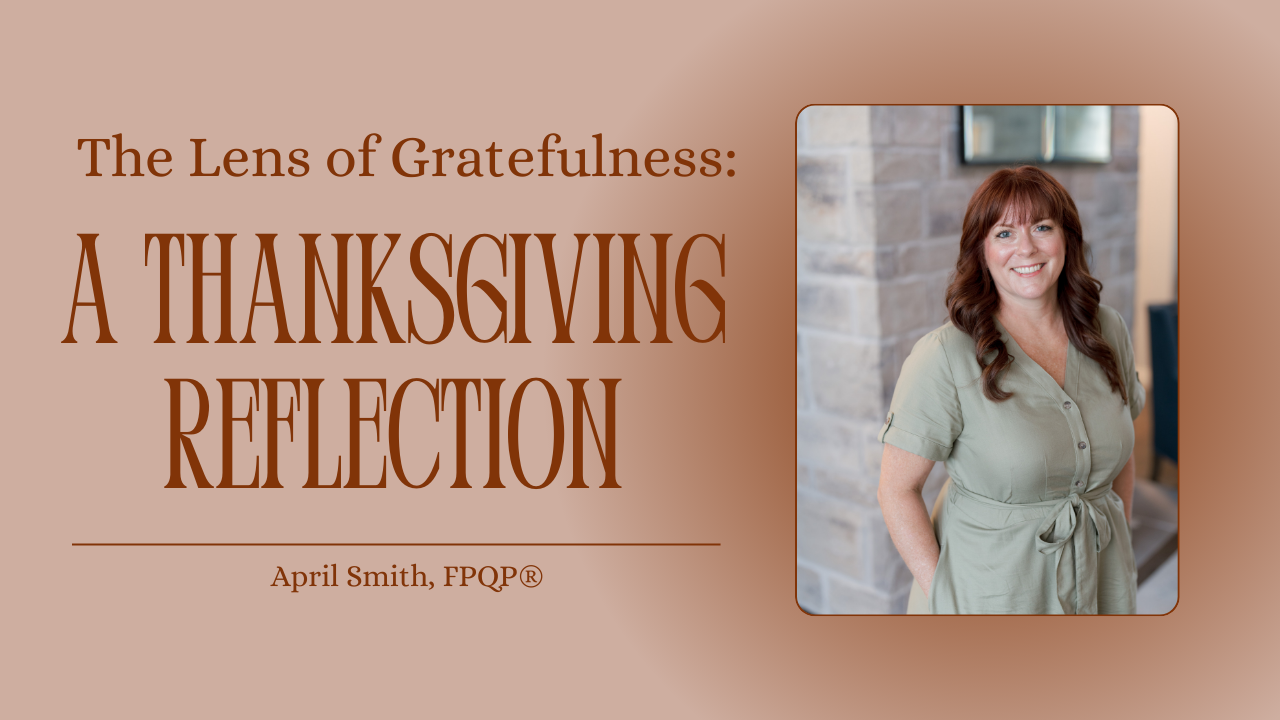Financial markets are a revolving door of investors dying one funeral at a time thanks to excessive “short-termism”.
I am not sure why I first uttered the thought above, but variations of it can be found in stock market conversations for decades. Headlines that read “Stocks off to Worst Start in History” and nightly specials on TV titled “Markets in Turmoil” tend to grab the attention and emotions of investors. The wounds and scars from turmoil back in the technology crash and housing meltdown remain fresh in the minds of investors. Two quick questions come to mind amidst these headlines:
1. How does an investor deal with market volatility? Volatile markets mean different things to different people. If you are 25 years old or 45 years old, I think the argument can easily be made that volatility is largely irrelevant other than the opportunities provided to profit from it. While accumulating assets, lower prices are how you generate superior long-term returns. An eye for high quality businesses and patience is required. After all, buying low and selling high is the basic goal for all investors. Far easier said than done.
Volatility is a different animal to those approaching retirement or already there. For this group, proper portfolio construction is a requirement. The killer of portfolios over time is being forced to sell at an inopportune time. Good portfolio construction can largely eliminate this risk for investors.
Let’s say your retirement portfolio has 50% in bonds or cash and your annual withdrawals are only 5%. This means you have the next 10 years of distributions (excluding any income generated by those bonds) in assets that are not volatile and are likely increasing in value during periods of time when stock prices are falling. This shifts the question from “do I need to sell my stocks because they are losing value?” to “do I think it is probable that my high quality stock portfolio will be more valuable in 5-10 years than it is today?”
With bond yields near all-time lows, is it likely that they will offer up superior returns over the next 10 years? Most likely not, however, that is only part of the story. Bonds are more conservative securities than equities, therefore during periods of volatile price swings they buy investors TIME and optionality.
Especially in an uncertain world, TIME and options are the friends of all investment portfolios.
2. How does an investor profit from volatility? The quote below from Warren Buffett back in 2008 answers this question far better than something I can come up with. Increasing equity exposure while prices are falling is difficult even for experienced, disciplined investors. However, it is probably the most impactful task that we can provide to our clients. Keeping them (and us) focused on the long(er) timeframe and executing a strategy that focuses on high quality businesses into which their hard earned capital can be invested.
“A simple rule dictates my buying: Be fearful when others are greedy, and be greedy when others are fearful. And most certainly, fear is now widespread, gripping even seasoned investors. To be sure, investors are right to be wary of highly leveraged entities or businesses in weak competitive positions. But fears regarding the long-term prosperity of the nation’s many sound companies make no sense. These businesses will indeed suffer earnings hiccups, as they always have. But most major companies will be setting new profit records 5, 10 and 20 years from now."
“Let me be clear on one point: I can’t predict the short-term movements of the stock market. I haven’t the faintest idea as to whether stocks will be higher or lower a month — or a year — from now. What is likely, however, is that the market will move higher, perhaps substantially so, well before either sentiment or the economy turns up. So if you wait for the robins, spring will be over.” http://www.nytimes.com/2008/10/17/opinion/17buffett.html?_r=0
At PYA Waltman, our strategy in this volatile environment is to remain diversified amongst asset classes with the goal of providing reasonable risk-adjusted returns with a keen focus on minimizing downside risk. We are confident this strategy will deliver value over the long-term to patient shareholders.
As always, we remain focused on preserving and growing your wealth to help you achieve your financial goals.



.png)

